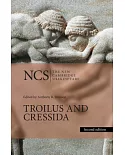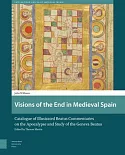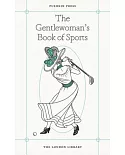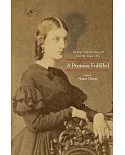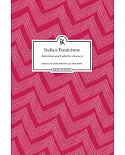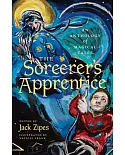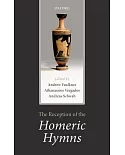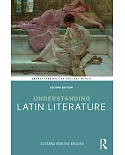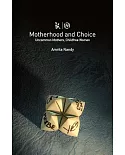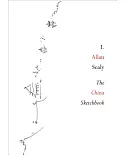Robert Grosseteste?s significant contributions to science and theology are a testament to his reptuation as a consummate polymath. An accomplished scholar and bishop, his multifaceted work has
inspired a fourfold approach to investigating his intellect and influence. The first section examines Grosseteste?s work in the field of translation and commentary. In the opinion of Roger
Bacon, Grosseteste was the best Latin translator of Greek since Boethius. The Bishop?s ability to combine linguistic expertise with philosophical insight made him very valuable. The second
section delves into the territory of science and magic. In his treatment of light, Grosseteste traces his line of reasoning to the pre-Aristotelian physicists, thereby becoming a mentor to
later generations of British Aristotelian commentators. The Dominican?s musings on the nature and abilities of magi and devils furnish us with a forerunner of similar speculations in
Bonaventure and Aquinas. Section three treats the theme of impact and legacy. The effect of Grosseteste?s intellectual capital is noticeable in the work of Geoffrey Chaucer and Wyclif. His
philosophical theories, especially those concerning universals and the notion of unequal infinities, had an overpowering influence on fourteenth-century thinkers. The last section offers ample
proof that as profound and far-reaching as Grosseteste?s scholarly contributions were, remarkably he did not allow them to prevent him from taking his pastoral duties seriously.


